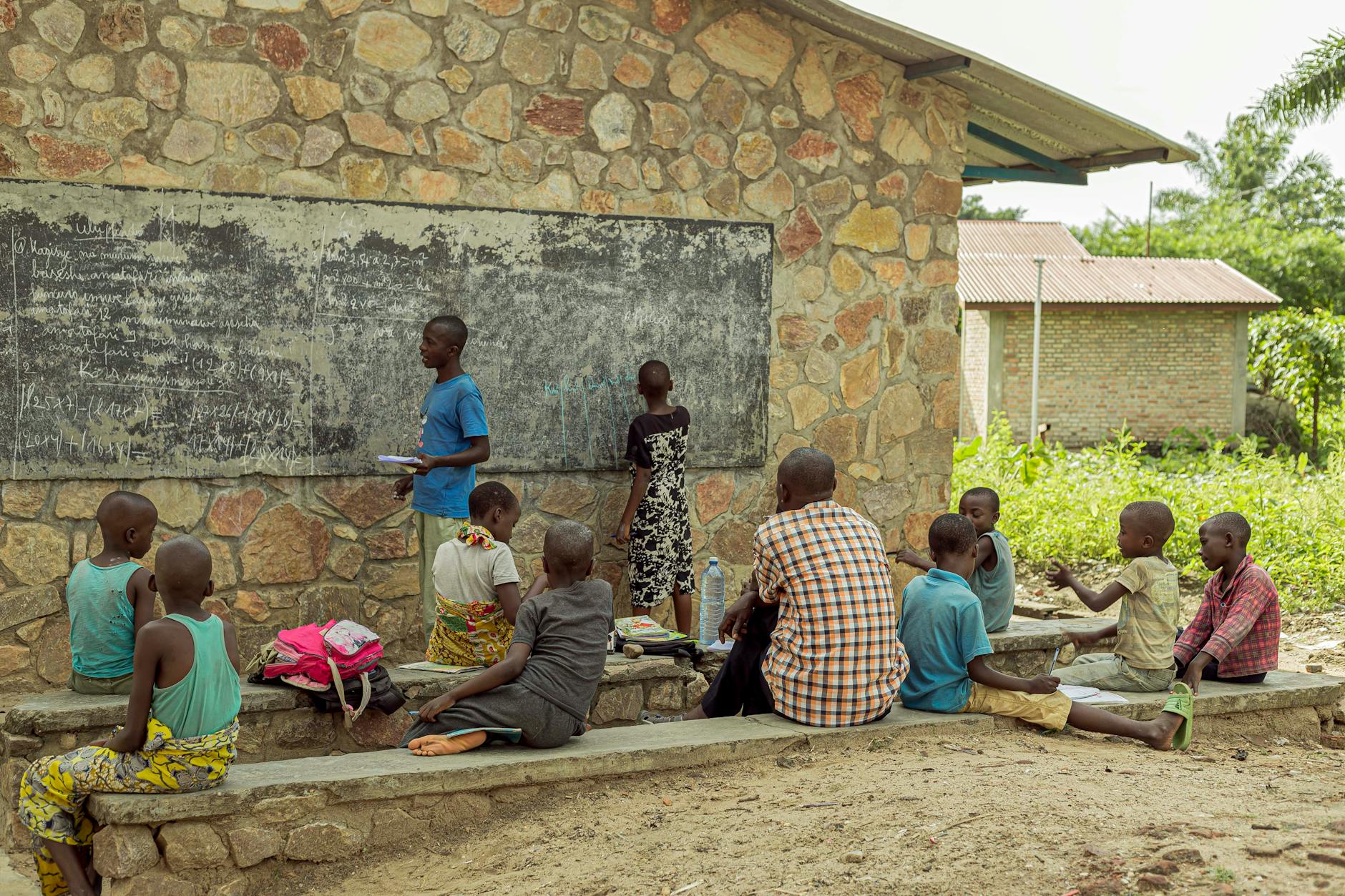Primary education is one of the most important stages in a person’s development: it’s not just about learning maths, reading or science. It’s when we start training the core competencies that will stay with us for life. It’s the starting point, not just for academic stuff, but for how we understand the world, how we relate to others, and how we’ll deal with the crap life throws our way. And honestly, I’m sick and tired of people thinking school isn’t there to “educate”. That’s exactly what we do, way more than most families even realise.
From a psychobiological perspective, this stage is brain chaos (the good kind). Neural connections are firing at full speed, reorganising and adapting like mad. It’s a prime moment for learning, absorbing, and setting patterns that stick like gum to your shoe. Habits are formed, self-esteem is built, problem-solving gets trained, and we learn how to live with others. But also, and this doesn’t get said enough, it’s the time when structural inequalities start to take root. And if we don’t do anything to fix them, we carry them for life.
Because no, not all kids start the race from the same line. Some are born running uphill into the wind. And if we don’t understand that from a class perspective, we’re screwed. If you come from a family with money, time, and emotional stability, you’ve got a head start. If not, everything’s three times harder. That’s where public education comes in, not as some do-gooder NGO, but as a tool for equity. Not to reward, but to redress. To redistribute opportunity, not to “nurture talent” like it’s some genetic raffle.
And there’s more: primary school is also where kids start learning, subtly or not, how girls and boys are supposed to behave. Spoiler: it rarely ends well. Girls get taught to be quiet, responsible, and caring; boys get told to lead, compete, and conquer. If we don’t dismantle gender roles from early on, not even the best feminism later on will fix it. If we don’t talk about consent, emotions, self-care and real equality from the beginning, we’re unintentionally raising tomorrow’s victims and aggressors. Let that sink in.
Primary school is also a space for critical socialisation. We learn to live with others, to negotiate, to deal with frustration without throwing a chair through the window, to understand that the world doesn’t revolve around our belly buttons. School is the first lab of democracy, community and empathy. And that matters way more than memorising all the rivers of Europe (though sure, that’s cool too).
Also: developing solid reading comprehension isn’t just about sounding out words: it’s about not falling for fake news, reading between the lines, and knowing the difference between opinion and fact. In the era of algorithmic disinformation and endless reels even AI is tired of, this ability is a full-on superpower. It immunises us against manipulation, and that, my friends, is a deeply political act.
And for any liberals still reading this (hi, how’s that whole “the market fixes everything” thing going?), here’s a bonus track: public, free, high-quality primary education isn’t some woke fantasy: it’s an investment in human capital. Yep, sounds cold, but if economics is your jam, buckle up: every euro put into primary education gets multiplied. Because less school failure = less unemployment = more productivity = more taxpayers. Even the IMF says this, not just the quinoa radicals at UNESCO. Unless your company just wants to squeeze people dry and dump them before they hit 50: then maybe you don’t care. Up to you.
But let’s get back to what matters: inclusive, equitable primary education is the best tool we have to reduce structural inequality. It’s where kids not only learn values, but begin to sense how the world works, who has power, and who doesn’t. If schools don’t make injustice visible, if we don’t talk about racism, class, gender, colonialism, care work, then when? Because the personal is political. And so is education. Full stop.
Personalised learning isn’t a luxury: it’s a democratic necessity. Not everyone learns the same way, needs the same things, or arrives under the same conditions. And that takes money. A lot. And it’s an investment, not a cost. Because without investment, there’s no equity. And without equity, there’s no social justice. And without social justice… well, we all know how that story ends.
Countries that invest in primary education see results. Better health, lower crime, stronger civic engagement. Finland gets it, though it pains me to say it. And no, it’s not just because they eat salmon and have gorgeous libraries (though that helps). It’s because they take childhood seriously. They know education isn’t about charity: it’s about collective survival. And by the way: beautiful libraries cost money. So does reducing class sizes. Just saying.
Thinking primary education isn’t essential for a society’s human, social and political development is, bless your heart, kind of foolish. Investing in primary means investing in equality, democracy, and a future where we don’t have to write posts like this with our jaws clenched.
